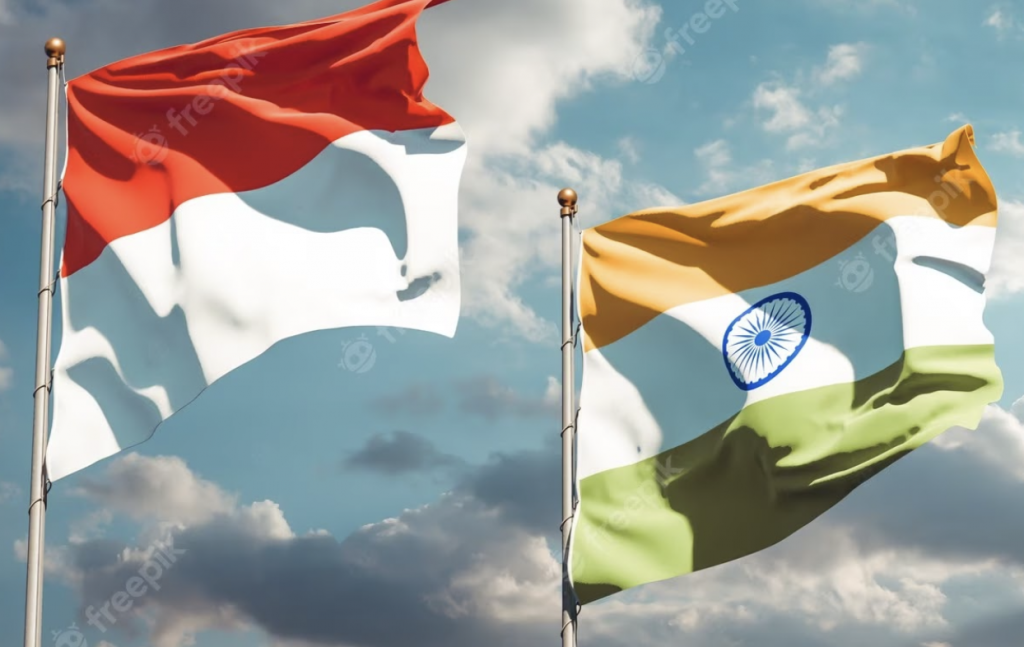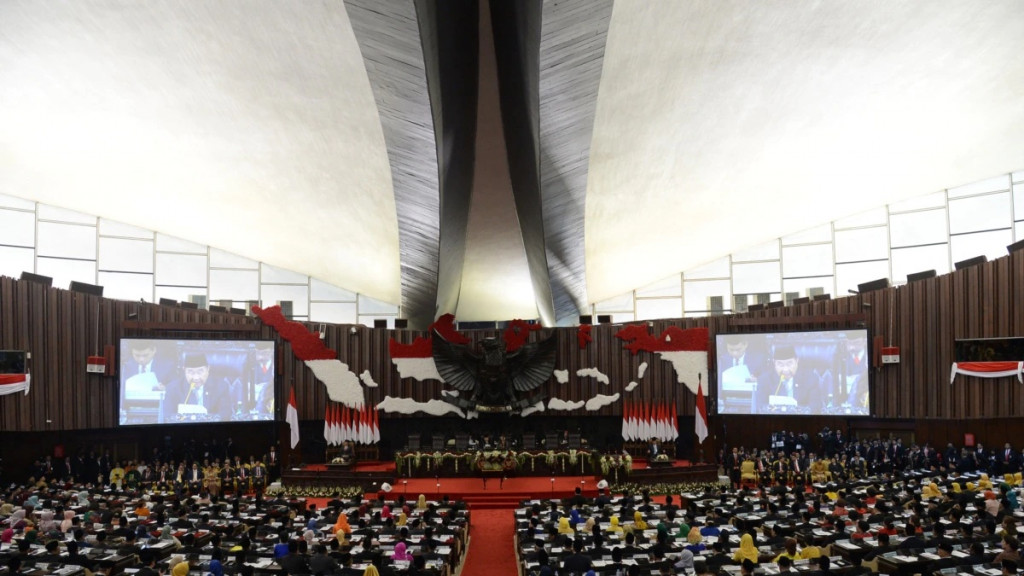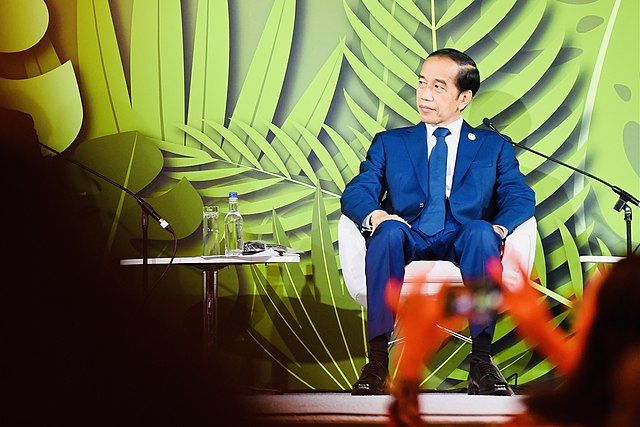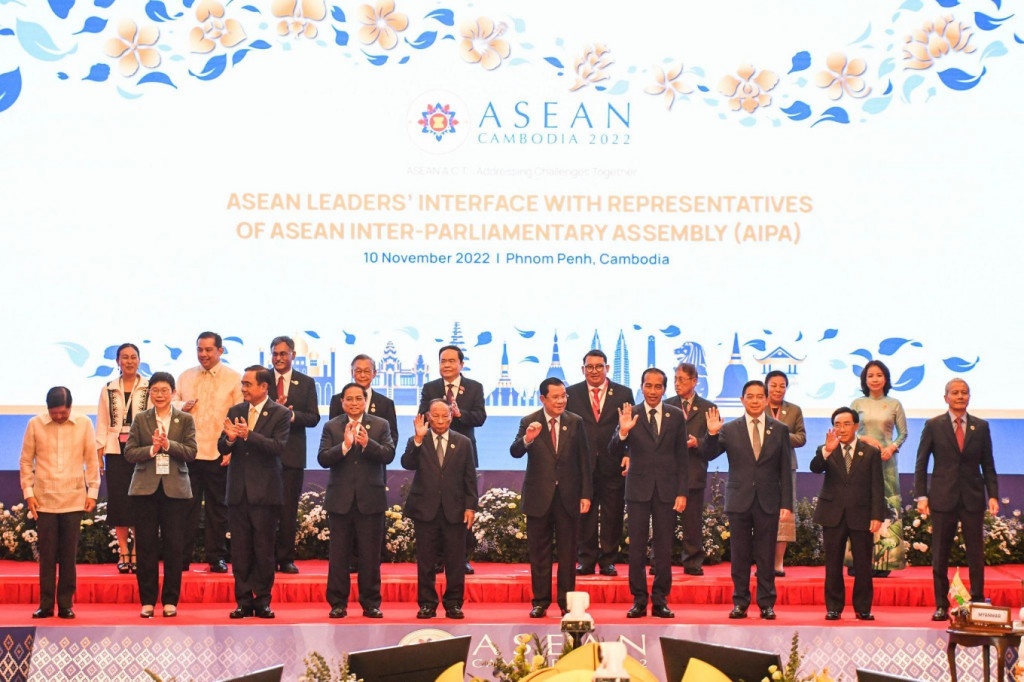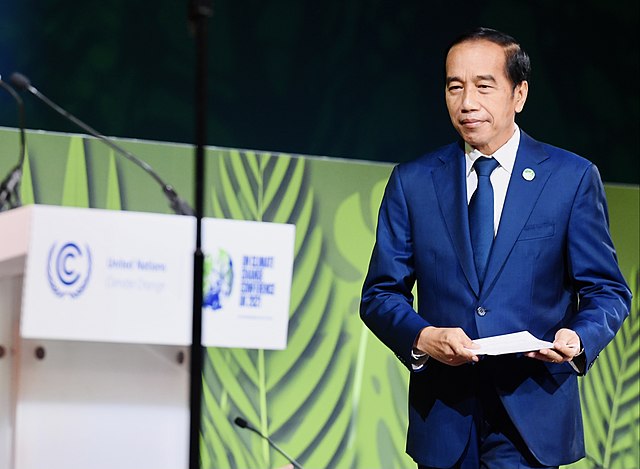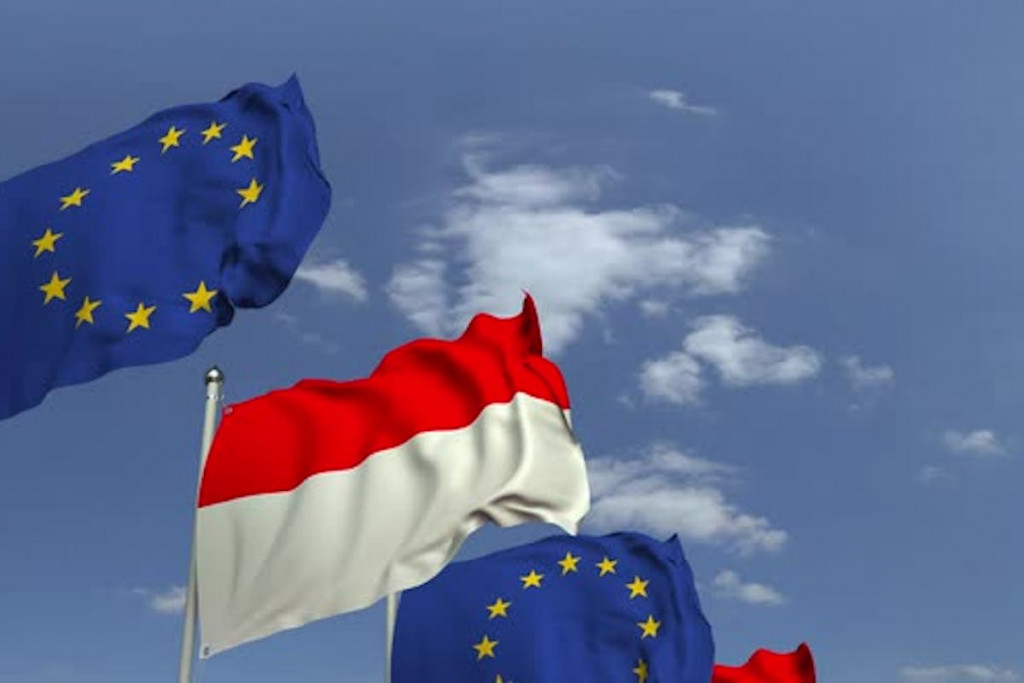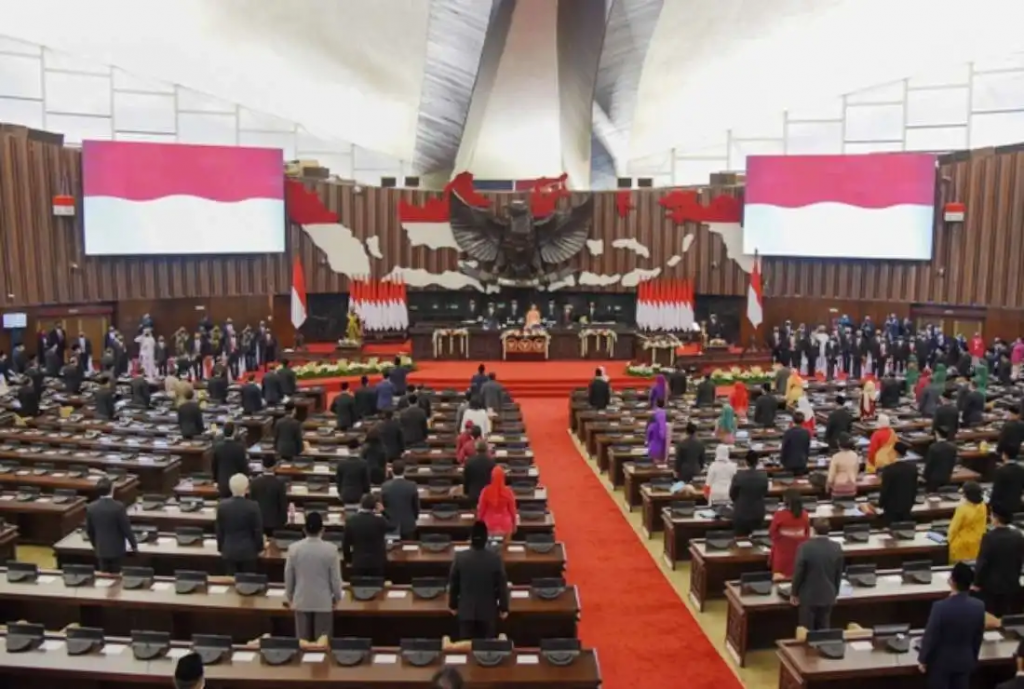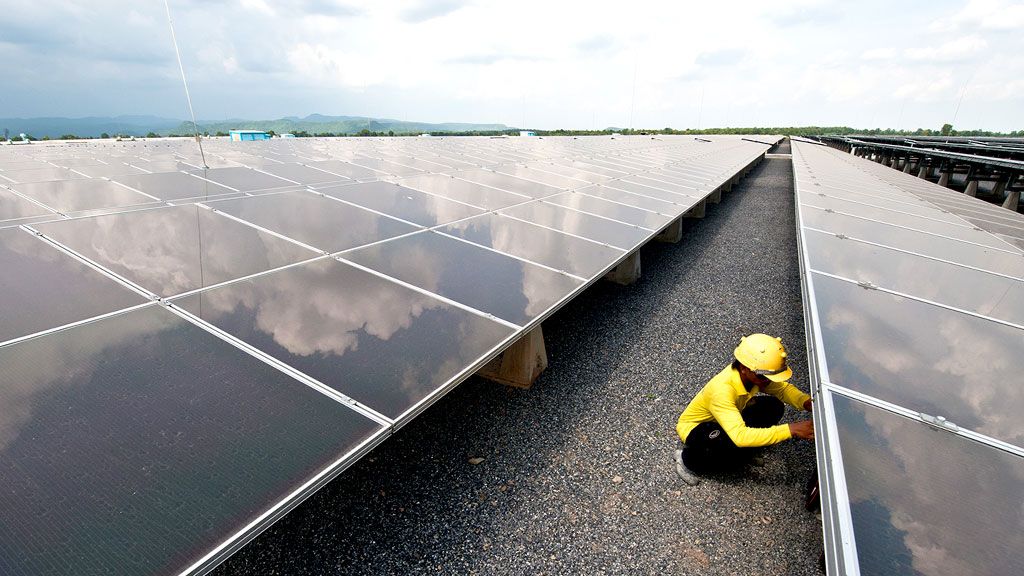The new Indonesian penal code is currently in its final draft in parliament, presumably coming into force before the end of Jokowi's term
Article by Aniello Iannone
During the Covid-19 pandemic, particularly during the massive first wave of the pandemic in Indonesia in 2020, the government enacted one of the most controversial labor reform laws, the Undang-Undang Cipta Kerja, known to most as the Omnibus Law. The Indonesian academic community and NGOs harshly criticized the new law.
The main reason for such criticism, which later turned into protests, was the corpus of the new law which discriminated against and damaged workers' rights. Passing the law unleashed demonstrations, particularly in Jakarta. For days the demonstrators took to the streets to condemn the Indonesian government's choice, so much so that the police had to intervene to stop the protests.
The protests against the labor reform were not the only ones nor the most violent. A year earlier, in 2019, violent protests broke out in the capital during the first draft revision of the penal code (Rancangan Kitab Undang-Undang Hukum Pidana or RKUHP). Protests erupted when a first draft of the law declared extra-marital or non-marital relationships a criminal offense. Furthermore, the draft considerably weakened corruption offenses, a sensitive issue in the country, given the high level of corruption. The protests delayed the reform, leading to a rethink by the government. During the massive 2019 violence, they were followed by the shout TolakRKUHP (reject the reform of the penal code). Without a clear revision of the reform, the possibility of new riots remains high.
The law of Indonesia through history
Indonesian jurisprudence takes a lot from the Dutch colonial period. The Criminal Code is no exception. Although decades of the country's independence have passed, the penal system dates back to the Dutch period. Historically, the Indonesian legal structure can be divided into 4 main pre-independence and 4 post-independence phases (Sylvana et al., 2021):
- The pre-colonization period was characterized by the unwritten customary laws of a religious nature (Harahap, 2018)
- In the VOC (Dutch East India Company) period, Western law first entered the archipelago with the establishment of the Statute of Batavia in 1642 and the Mucharaer Book of Law in 1750, which contained a collection of Islamic criminal laws, also maintained during the English period until 1810
Between 1814 and 1855, known as Besluiten Regering, Indonesian law was influenced by the Dutch monarchical constitutional system without fundamental changes to the penal code. The years ranging from 1855-1926, known as Regarding Reglement, coinciding with the transition from constitutional monarchy in Holland to parliamentary monarchy, show a reduction of the king's power over the colonies. At this stage, the penal code, like the entire judicial structure, begins to take shape with the creation of a penal code that will be extended to the entire Indonesian population of the time.
- The period of the Japanese occupation (1942-45). During this period, there was a dualism in the penal code, on the one hand, the Dutch system, on the other, and the Japanese system (Saleh & Pelengkap, 1981)
- The Indonesian period. The problem of the dualism penal code was resolved after the replacement of the 1945 Constitution with the enactment of Law 73 of 1958, which took up Law No. 1 from 1946, declaring the Dutch penal system Indonesian, currently applied in the country (Bahiej, 2006)
The reform of the penal code: rights, religion, and politics
Analyzing the proposed reform of the penal code, the points that have seen the most criticism are mainly 14. In this analysis, we will consider only a few, especially those that most affect personal freedoms.
The proposal of the new penal code provides for an amendment to art: 218 to 220, 240 to 241, and article 273. The amendment introduces different penalties—for instance,3 to 4 months of detention in case of criticism against the President and Vice-President. In addition, in cases, criticisms against the authorities will be transmitted through social media (Article 240), a penalty of up to 4 years for defamation of the authorities.
In the Indonesian context, without an appropriate explanation in the law for "criticism and defamation," this regulation can be used to silence any criticism/opposition against the authorities. During the introduction of the Electronic Information and Transactions (ITE) law and the Omnibus Law, many academics were convicted of defamation of the authorities, even if they were only criticizing the ITE law and the more recent Omnibus Law.
Moreover, the Art. 273 places restrictions on student and social demonstrations, risking undermining a fundamental right transcribed in the constitution: the right to social demonstrations.
Furthermore, the revision of the criminal law introduces stringent rules on religious issues. Starting from this point of view is necessary to analyze this part of the reform transversal. Indonesia has the highest percentage of Muslim faithful in the world. 87% of the population professes Sunni Islam mainly according to the thought of the two schools of thought present in the country, the Nahdlatul Ulama (the most widespread and most conservative current) and the Muhammadiyah (the most moderate current).
Religion plays a pivotal role in Indonesian politics. In this sense, Indonesia is constitutionally not an Islamic but a semi-secular state. Professing a religion is mandatory, but no religion imposes itself on the other, constitutionally. The revision of the penal code emphasizes the role of religion. Art. 302 proposes detention for five years in case of blasphemy. Convictions for blasphemy are not new in the country; the best-known case is former Jakarta governor Basuki Tjahaja Purnama, Ahok.
Another criticism of a religious theme concerns art—304 of the reform. The article states that anyone who forces another person to change their religion risks a sentence of up to 4 years. A flaw in this law can be found not in the obligation to force a person to believe or not. The law's flaw is in how should be reported to the authorities, becoming a threat to freedom of expression.
Furthermore, articles 415 and 416 condemn a penalty of up to one year for adultery and evading the marriage contracts. In particular, Article 416 condemns all who live "as" husband and wife but have not contracted marriage with imprisonment of up to 6 months.
Conclusion
The new Indonesian penal code is currently in its draft defined in parliament, presumably entering into force before the end of Jokowi's term. However, the various criticisms and gaps within the new code could push Mahkamah Agung (the supreme court of Indonesia) to declare the revision of the penal code unconstitutional, which has already happened with the Omnibus Law. In cases where the Indonesian Supreme Court declared the law unconstitutional, but the law will pass by the parliament unleashed, violent protest riots in Indonesia are particular.
Reference
Bahiej A. (2006) Sejarah dan Problematika Hukum Pidana Material di Indonesia. SOSIO-RELIGIA, 5(2)
Harahap A. (2018) Pembaharuan Hukum Pidana Berbasis Hukum Adat. EduTech Jurnal Ilmu Pendidikan dan Ilmu Sosial, 4(2)
Sylvana Y., Firmansyah Y., Wijaya H., Angelika M,S. (2021). History of criminal law in Indonesia. Jurnal Indonesia Sosial Sains, 2(4) : 645-655

